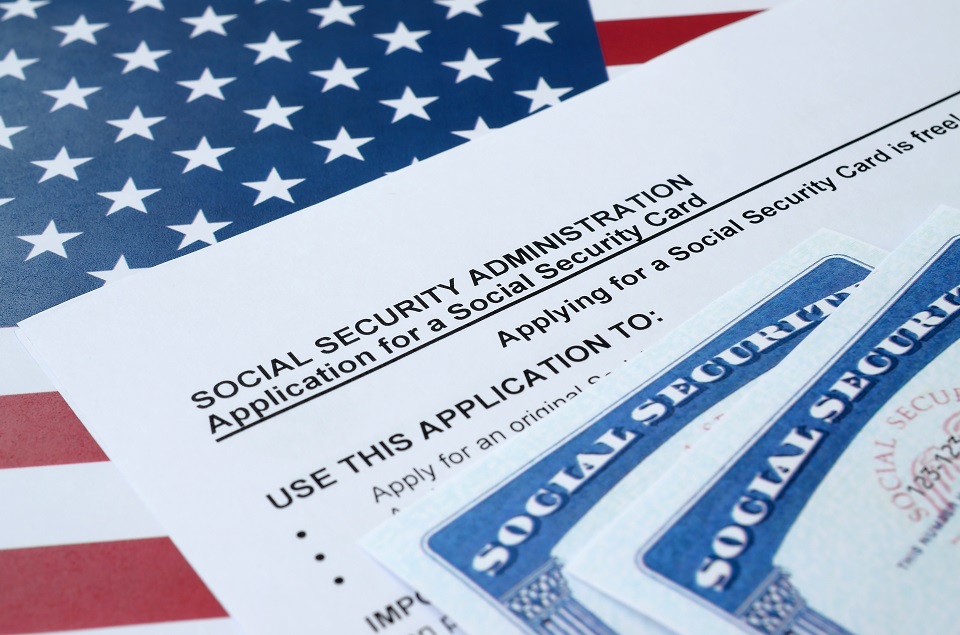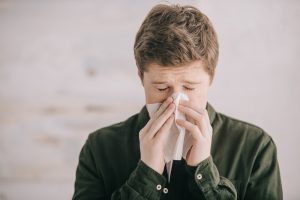
You need to be prepared for the vaccine’s side effects.
Experiencing vaccine side effects is more common after the second dose, doctors say. According to Dr. Peter Hotez, M.D. M.P.H., dean of the National School of Tropical Medicine at Baylor College, if you do experience side effects after the first vaccine dose, chance are you’ll experience even stronger side effects after the second dose, so you need to know what to expect.
Additionally, Dr. Peter Hotez also suggested taking the day after the second vaccine dose off if you experienced side effects the first time, as you might not be able to go to work, or plan your second dose on a weekend if possible.
See also: The Next “Surge Event,” According To The CDC Director.
According to Dr. Satya Upadhyayula M.D. M.P.H., a clinical assistant professor of internal medicine at KU Medical Center at the University of Kansas, “I did pre-medicate with Benadryl [before the vaccine appointment] just in case.”
“I wanted to be cautious given my history of anaphylaxis, and I continued to take my daily allergy medication,” she added. Also, if you know you have a history of serious allergic reactions, make sure to talk to your doctor before getting vaccinated.
Dr. Satya Upadhyayula said her first vaccine dose was not at all painful and she experienced no side effects, however, her second dose came with a few body aches, fever, and shakes. The side effects lasted for about 24 hours and then she remembers being well out of a sudden. It was like a flip switched, she added.
You’re Most Likely To Contract Coronavirus If You’re This Age. Read more about this topic HERE.
According to Dr. Kathleen Jordan M.D., senior Vice President of Medical Affairs at healthcare company Tia, for local reactions, such as redness or swelling, you should opt for Tylenol or Ipuprophen to stop the pain. If you don’t want any medication, try holding ice or cool cloths on the area.
“For the systemic reactions, drink a lot of fluids, get good rest, and take Tylenol and ibuprofen as needed,” Dr. Bartlett says.
However, you need to be aware that taking certain medications before the vaccine might not be the best idea. “There’s been some controversy about taking an NSAID [a non-steroidal anti-inflammatory drug, like ibuprofen] prior to getting the vaccine, as apparently, it’s unclear if it can affect the immune response,” Dr. Upadhyayula explained.
Here’s Dr. Fauci’s Update Regarding The New COVID Strain. CLICK HERE for more info.
As Dr. William Schaffner M.D., a professor in the division of infectious diseases at the Vanderbilt University School of Medicine, has explained, it might not affect your immune system, but it’s better to be safe than sorry, she added.
Make sure to also check: OTC Meds Could make the COVID-19 Vaccine Less Effective.
According to Dr. Jordan, the CDC recommends using an app where you can report and track all of your side effects, in order to help them learn more about the vaccine and how it affects our bodies. The app is called V-safe and it will help you monitor your side-effects.









































































































